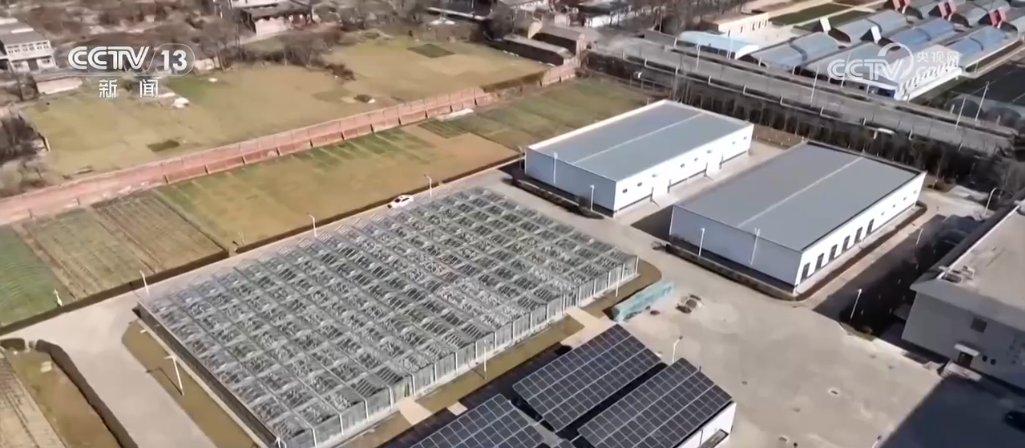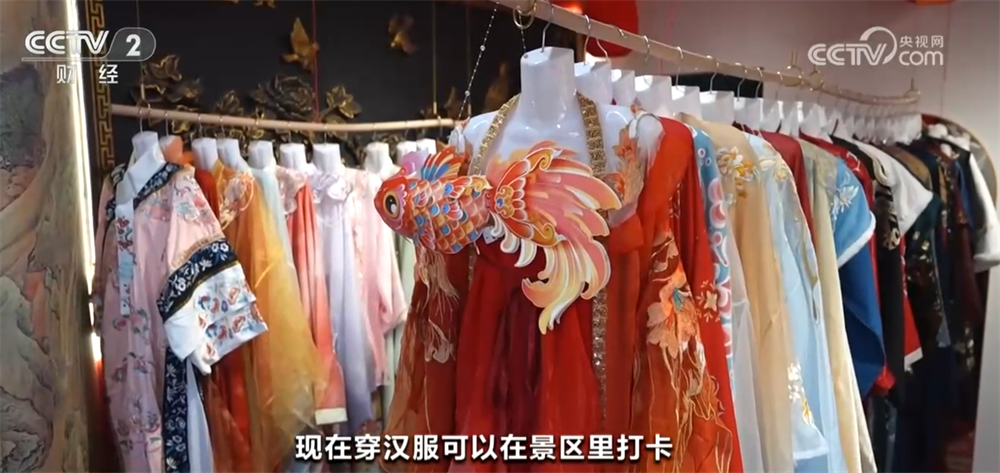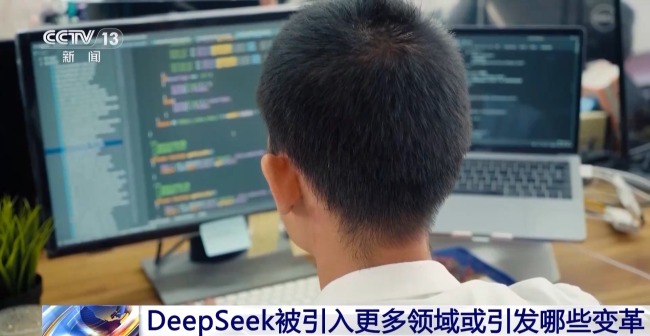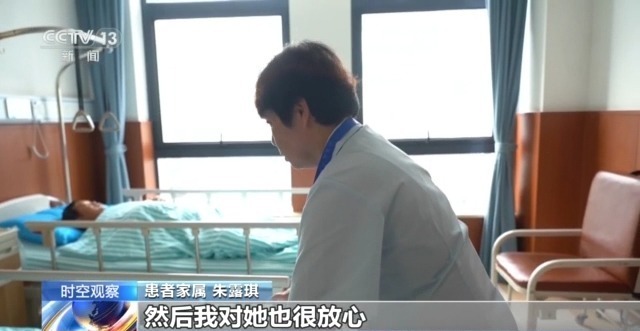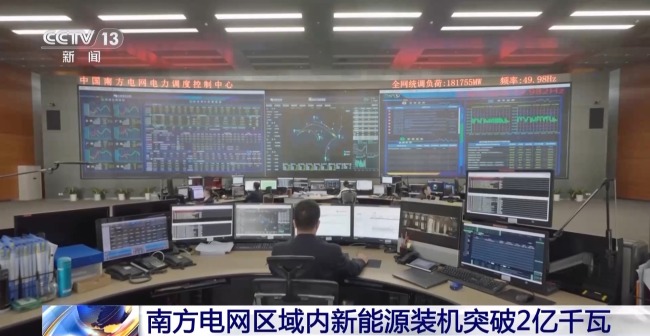Lithium batteries can be "reborn" with one injection! "Nature" publishes new discoveries from my country's scientific research team
Mobile phone batteries cannot be charged after being used for a long time. The mileage of electric vehicles running full of energy is getting shorter and shorter. Batteries in cold areas are more likely to break down, and the number of used batteries is increasing... Today (February 13), the top international journal "Nature" published a new discovery from the research team of Fudan University: Through a new technology, lithium batteries can be "precisely treated" and used batteries can be "reborn".
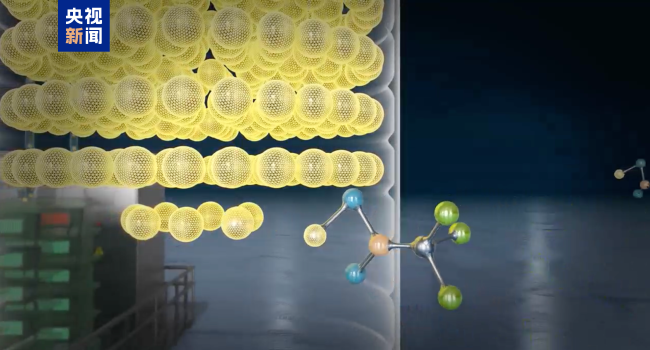
In order to cope with problems such as aging and decay of lithium batteries, the research team of Fudan University found that the "lifetime" of batteries is actually similar to human health, and the problems are often concentrated on a core component, that is, active lithium ions. If the lost lithium ions can be accurately replenished, the battery life time can be greatly extended. Based on this idea, the team developed a lithium carrier molecule like a "drug" that can replenish lithium ions in the battery by injection.
Gao Yue, a research team member of the Department of Polymer Sciences, Fudan University: Our technology can achieve precise treatment so that it can return to its initial state after use. In the past, a commercial lithium iron phosphate battery will have capacity decay and scrap after 2,000 use. With this technology, it can be used 12,000 times to maintain a "healthy" state close to the initial battery.
How did this lithium carrier molecule like "drug" be found? The scientific research team used artificial intelligence technology to combine chemical knowledge to digitize molecular structure and properties. By introducing a large amount of related knowledge in organic chemistry, material engineering technology, etc., to build a database, and obtained this new lithium-ion carrier molecule after multiple experiments.
Gao Yue, a member of the research team of the Department of Polymer Sciences of Fudan University: This molecule not only has a very good effect in repairing commercial batteries, but also has very low cost. It can also help develop new green batteries.
At present, this technology has passed the testing of multiple batteries and has cooperated with top international battery companies, hoping to be applied to real life as soon as possible.
(Reporter Wu Wenqian, Wang Dianjia, General Station)

